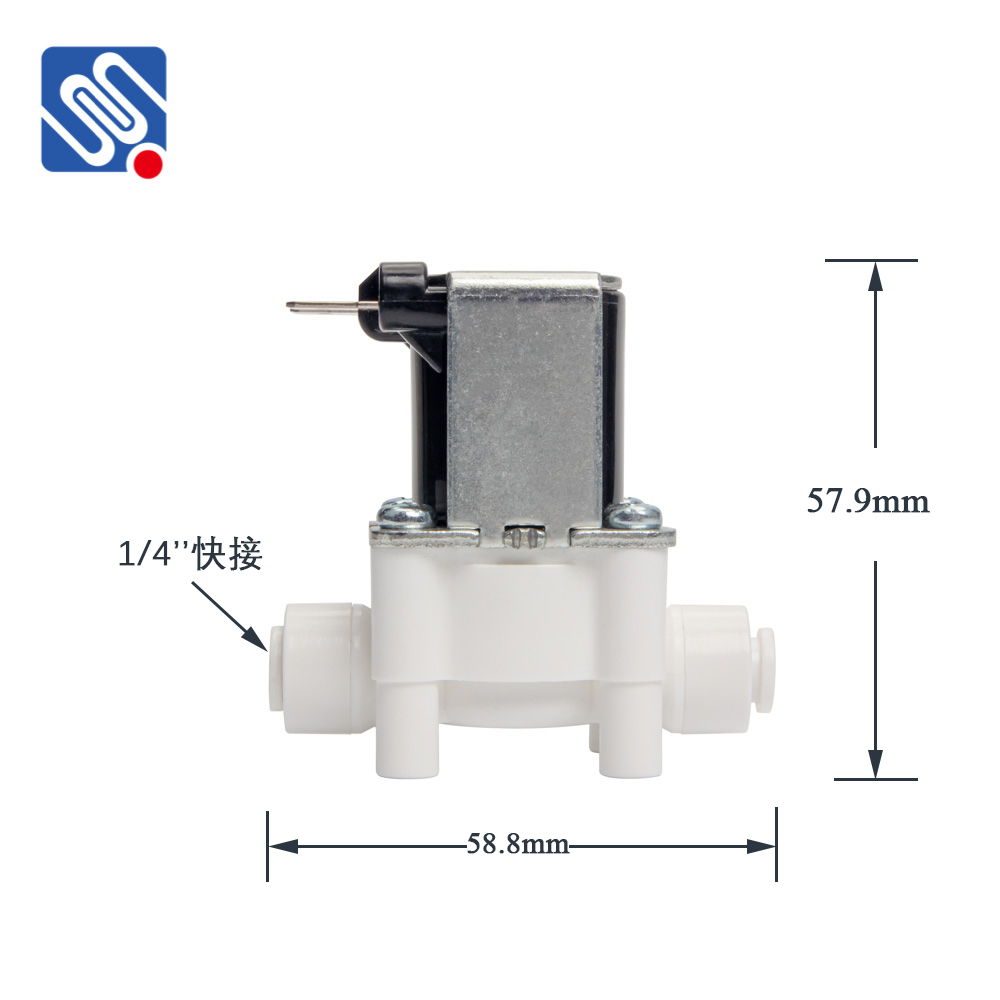understanding the normally closed solenoid valve: applications, working principles, and benefits
Release time:2025-11-11 09:08:49
A Normally Closed Solenoid Valve is a key component in various automated systems that require precise control over fluid and gas flow. Its name refers to the default state of the valve: it remains closed until an electrical signal activates the solenoid, which in turn opens the valve. These valves are essential in industries such as HVAC systems, water treatment, and industrial automation, where safety, efficiency, and precision are paramount.

Working Principle of Normally Closed Solenoid Valves The working principle of a Normally Closed (NC) Solenoid Valve is relatively simple, yet its application is far-reaching. In the absence of power, the valve stays closed, meaning no fluid can pass through it. The closure is typically achieved by a spring or mechanical design that presses the valve seat against the valve body. When an electrical current is passed through the solenoid coil, it generates a magnetic field that attracts or repels the valve's internal mechanism, causing it to open. This allows the fluid or gas to flow through the valve. Once the electrical current is turned off, the magnetic field disappears, and the valve returns to its closed position, typically through the action of a spring.

